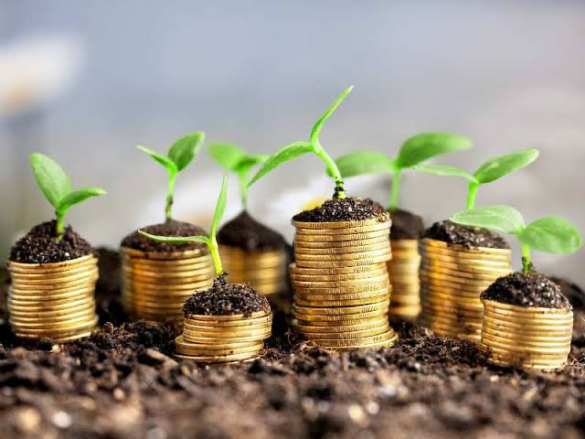Africa faces a significant challenge: over 600 million people on the continent still lack access to electricity. To meet the growing demand for power, the International Energy Agency (IEA) estimates that Africa will need to double its electricity generation capacity by 2040. This need presents both a challenge and an opportunity, especially as the world shifts towards renewable energy and aims to reduce reliance on fossil fuels.
Africa is increasingly recognized as a prime location for renewable energy development. Countries across the continent have vast potential for generating clean energy from sources like wind, solar, hydro, and geothermal. This potential makes Africa an attractive option for regions around the world looking to meet their net-zero emissions targets.
To support this energy transition, many development banks, bilateral aid organizations, export credit agencies, and development finance institutions are focusing on facilitating green energy projects. These institutions often offer favorable terms to projects that contribute to achieving global climate goals. Additionally, various climate investment funds and venture capitalists are dedicating resources to green energy investments, including projects in their early stages.
One of the key events highlighting this shift towards sustainable energy in Africa is the upcoming Global African Hydrogen Summit. Scheduled to take place from September 3 to 5, 2024, in Windhoek, Namibia, this summit is a major event for the continent’s renewable energy sector. The summit, endorsed by Namibia’s Ministry of Mines & Energy, is designed to attract critical investments and financing for bankable green energy projects across Africa.
A significant feature of the summit will be the Project Investment Roundtables. These exclusive, closed-door meetings will bring together project developers, financiers, government officials, energy developers, and other stakeholders. The goal is to assess the feasibility of various green energy projects and accelerate the process from project origination to financial close. The roundtables will cover sectors such as hydrogen, renewables (including wind, solar, hydro, geothermal, and biomass), agriculture, mining, power, infrastructure, and transportation.
For a green energy project to be considered “bankable” in Africa, it must meet specific criteria or milestones. Investors, both equity and debt, will carefully evaluate the technical and commercial risks associated with a project before committing funds. Green energy projects present unique challenges, particularly in Africa, where the infrastructure and market conditions may differ significantly from those in more developed regions.
Technical risks can include the scalability of the technology, the integration and interfacing of systems, the availability of supporting infrastructure, and the contracting strategy. Commercial risks might involve the customer offtake (the buyer’s commitment to purchasing the energy), the availability and stability of the market, the pricing of energy transition products, and the support from the project’s sponsors.
Before making any financial commitments, investors will also require a thorough Environmental and Social Impact Assessment (ESIA). This assessment must align with both national and international standards to ensure that the project will not harm the environment or local communities.
The Global African Hydrogen Summit has already attracted considerable interest, with a strong focus on identifying and supporting bankable projects. The summit’s Investor Board, which includes representatives from organizations like Climate Fund Managers, Deutsche Investitions – und Entwicklungsgesellschaft, and Rand Merchant Bank, will review all submitted projects. The board will thoroughly assess each project based on strict criteria, ensuring that only the most viable and impactful projects move forward.
Developers and investors will then be matched to conduct detailed discussions during the Project Investment Roundtable meetings at the summit. These discussions are expected to lead to deal signings and announcements, further driving Africa’s progress towards a sustainable energy future.
Source: ESI Africa



